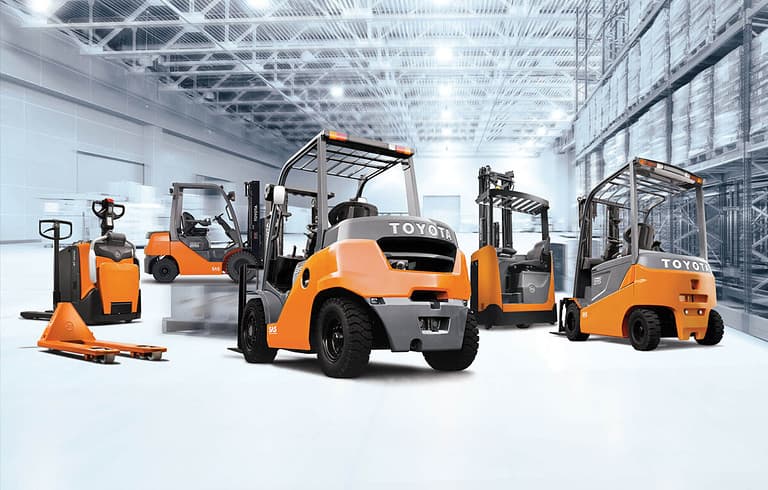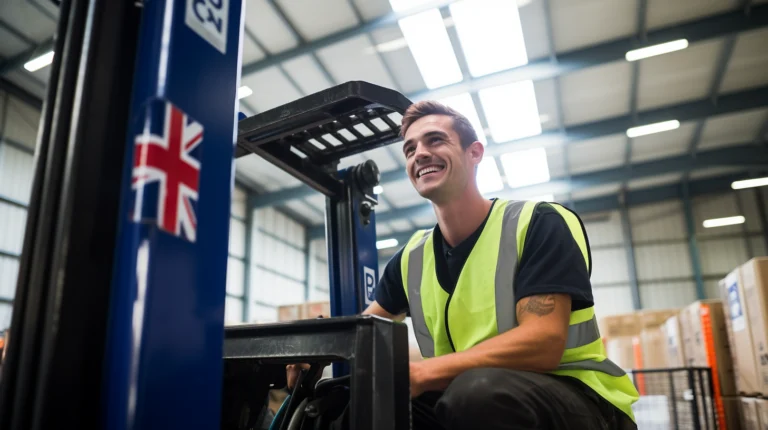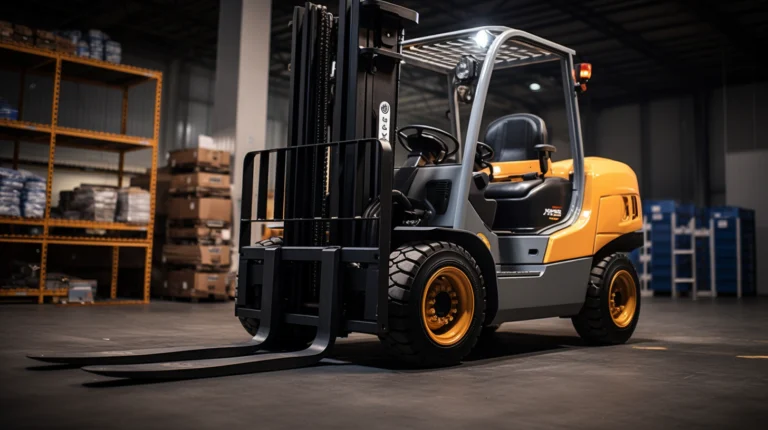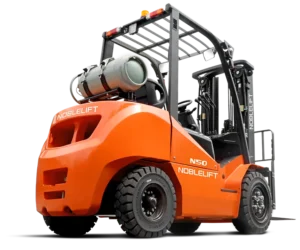
The unassuming town of Passaic, New Jersey is an unlikely setting for an incident now dubbed the “Forklift Scandal” – a case that has sent shockwaves through the world of military procurement.
It is here that 33-year-old James Cai, CEO of Toner Connect LLC, stands accused of a brazen violation of the Buy American Act that reveals gaps in the policies meant to safeguard national security interests.
The contracts required the forklifts to be compliant with the Buy American Act (BAA): They had to be manufactured in the United States, and at least 50 percent of the cost of the forklift components had to be of U.S. origin, according to authorities. However, Cai allegedly circumvented these requirements by falsifying the origins of Chinese-made forklifts that were sold to the U.S. Army.
In doing so, Cai did more than simply flout legal requirements. The deeper implications encompass unpredictable risks introduced by reliance on foreign equipment in mission-critical situations on the battlefield. When operational issues arose with Cai’s forklifts, their concealed origins rendered them unrepairable, useless to the units deploying them.
The incident represents a failure to fully account for threats to national security interests in an increasingly complex global supply chain. The Buy American Act aims to promote domestic manufacturing strength, but the system relies heavily on contractor integrity in representations made to military procurement officers.
In an age of globalized sourcing and manufacturing, ensuring transparency and traceability presents significant policy and practical challenges.
For Cai, the scheme may lead to five years imprisonment and a quarter million dollars in fines when he faces sentencing next April. But the deeper soul searching must occur within military institutions now tasked with plugging gaps exposed by Cai’s actions. Enhanced scrutiny, more robust auditing of supply chains, and renewed commitment to the spirit behind Buy American may help prevent future breaches.
Ultimately, the Passaic crack in the armor serves as a warning shot across the bow to both military contractors and the armed forces themselves. As the line between foreign and domestic manufacturing blurs, maintaining readiness hinges on securing equipment integrity and supply chain security through systemic changes that balance pragmatism with an unwavering commitment to protecting those we send into harm’s way.
Sources
https://patch.com/new-jersey/wayne/army-forklift-supplier-nj-violated-buy-american-act-feds-say
https://www.gao.gov/products/105519
https://www.justice.gov/usao-nj/pr/chief-executive-officer-admits-false-statements-conceal-foreign-origin-forklifts













